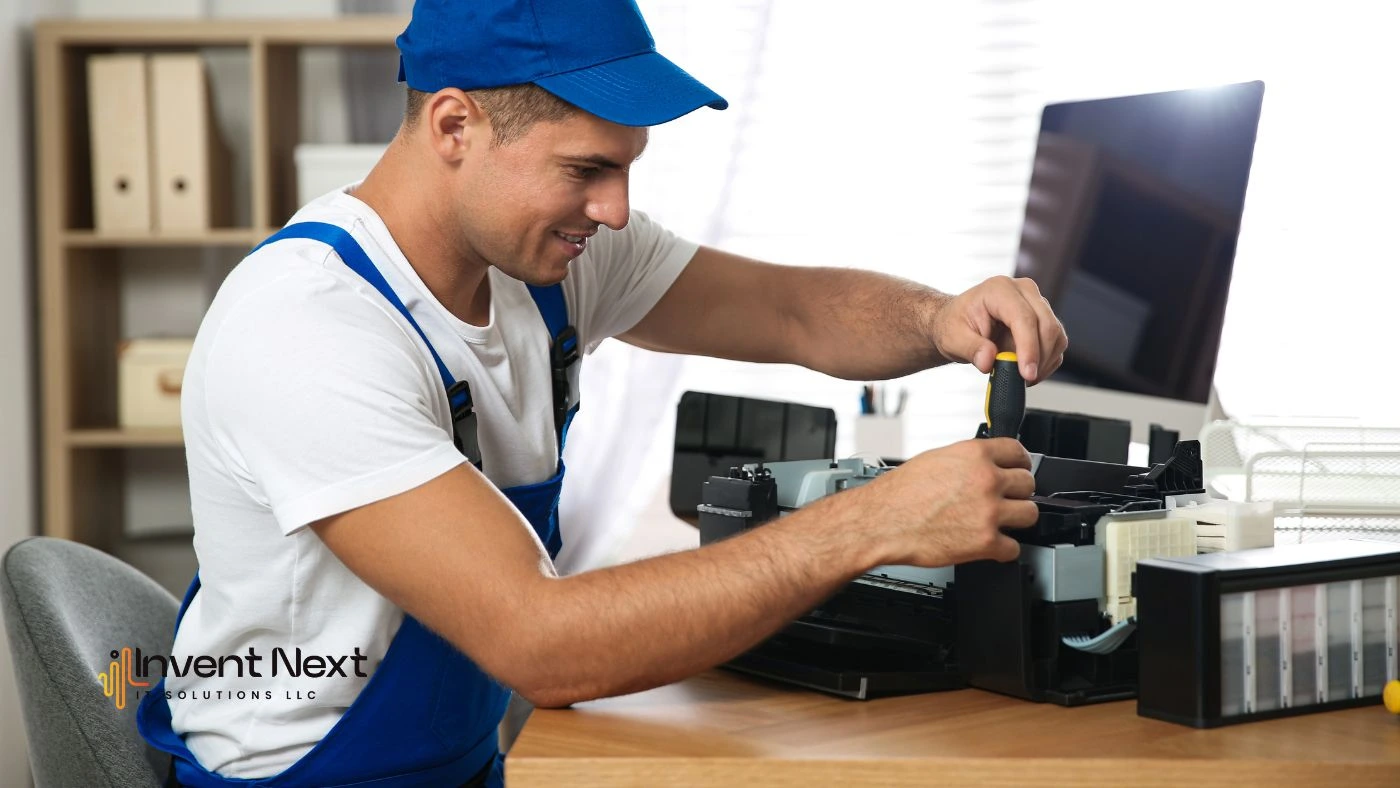Installing a Point of Sale (POS) system is a critical step for any business looking to streamline operations, improve efficiency, and enhance customer experience. Whether it’s a retail store, restaurant, or service-based business, a well-installed POS system can transform day-to-day operations by making transactions faster, inventory management easier, and reporting more accurate. But careful preparation and close attention to detail are necessary for a successful POS system installation. Here’s a complete guide on what to consider during the process.
1. Understand Business Requirements
Before starting the installation, it’s essential to identify the specific needs of your business.
- Type of business: Restaurants, retail outlets, and service providers often need different features.
- Number of terminals: Decide how many checkout points you require.
- Special integrations: Consider add-ons like accounting software, CRM, or online ordering systems. The restaurant pos system is entirely different from the spare parts software.
A clear understanding of your requirements ensures that the POS setup is tailored to your business operations.
2. Hardware Setup and Compatibility
The installation process isn’t just about software; hardware plays a major role too. Key hardware components include:
- POS terminals or touchscreens
- Barcode scanners
- Receipt printers
- Cash drawers
- Card readers for secure payments
Check that all hardware devices are compatible with the POS software you’re using. Poorly matched hardware can slow down operations and increase long-term costs.
3. Network and Connectivity
A stable and secure network connection is the backbone of a POS system.
- Ensure reliable Wi-Fi or LAN connections to prevent downtime.
- To safeguard payment and client information, use encryption and a secure firewall.
- Consider backup internet options in case of outages.
Smooth network connectivity ensures seamless transactions and reduces the risk of data loss.
4. Data Migration and Backup
If you’re upgrading from an old system, transferring data safely is a critical step.
- Migrate existing inventory, customer information, and transaction history.
- Always keep a backup copy to avoid losing vital business data.
- Test the migrated data before going live.
Accurate data transfer ensures continuity and prevents operational disruptions.
5. Software Configuration
The POS software must be configured properly to align with your operations.
- Set up user accounts with proper access levels.
- Configure tax settings and pricing rules according to local regulations.
- Integrate with payment gateways and third-party apps if needed.
This step ensures the system works as intended and complies with regional business laws, including UAE-specific VAT rules.
6. Security Considerations
With financial transactions and customer data involved, security is non-negotiable.
- Use PCI-compliant payment processing.
- Enable two-factor authentication for admin accounts.
- Regularly update both hardware and software to prevent vulnerabilities.
A secure installation protects your business and builds customer trust.
7. Staff Training and Support
Even the most advanced system is only effective if your staff can use it efficiently.
- Conduct training sessions for employees.
- Provide user manuals or video tutorials.
- Ensure ongoing technical support from your POS supplier.
This ensures your team can handle the system confidently and serve customers better.
8. Testing Before Going Live
Before fully launching, test the system in real-world scenarios.
- Run trial transactions.
- Check receipt printing, card payments, and inventory updates.
- Verify reporting accuracy.
Testing allows you to detect and fix issues before they affect customers.
9. Ongoing Maintenance
A POS system is not a one-time setup. Regular maintenance ensures long-term reliability.
- Schedule software updates.
- Monitor system performance.
- Replace outdated hardware components.
Regular maintenance minimises unplanned downtime and keeps the system operating smoothly.
Final Thoughts
A POS system installation is more than plugging in devices and running software—it’s about creating a foundation for your business growth. By paying attention to compatibility, data migration, security, staff training, and ongoing support, businesses in Abu Dhabi and beyond can ensure a seamless setup.
With Invent Next IT World’s expertise in POS systems and software solutions, businesses can rely on trusted technology partners to handle installation with precision. Since 2004, Invent Next has been empowering companies with innovative hardware and software tailored for efficiency and long-term success.


Add a Comment